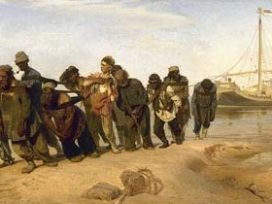Reconfiguring power
The permanent election campaign
Ever since the outburst of protests and political discontent around the December 2011 elections in Russia, the country seems to be on the verge of change. But what kind of change? Will civic unrest, which persists with a varying, but hardly increasing intensity, bring about democratization, or will it induce Putin to introduce measures that strengthen his control? Russian political analyst Nikolay Petrov presents his reading of recent developments.




